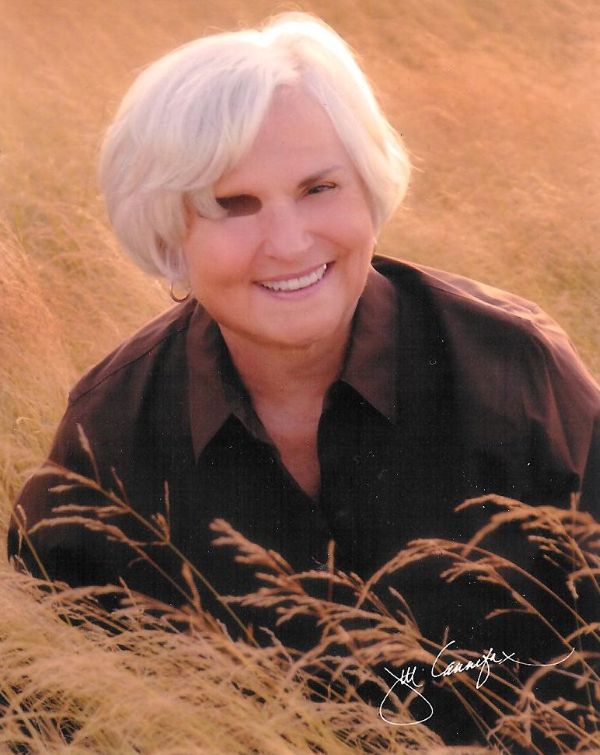When we think of Steve Jobs, we think of sleek iPhones, Apple’s glowing logo, and the man who helped shape modern technology. But long before the spotlights, keynote speeches, and product unveilings, there was Joanne Schieble—a woman whose choices and quiet resilience laid the first foundation for his extraordinary life.
Joanne Carole Schieble, now 93 years old as of 2025, remains an elusive but deeply important figure in the Apple founder’s story. Born on August 1, 1932, in Green Bay, Wisconsin, she grew up in a conservative German-American Catholic household. The 1930s and 40s were decades when women were often raised to become homemakers, not scholars. But Joanne, with a mind for learning and a determination to create her own path, took a different route.
A Woman of Intellect in a Restrictive Era
Joanne chose education over conformity, pursuing a degree in speech pathology at the University of Wisconsin. At a time when women were expected to prioritize marriage over academic or professional ambition, she dared to explore her own identity. This choice placed her among the relatively few women of her generation seeking graduate-level education in a male-dominated field. Her focus on speech pathology showed both her intellectual curiosity and interest in helping others communicate—skills far ahead of their time.
A Forbidden Love and a Life-Altering Decision
During her time in Wisconsin, Joanne met Abdulfattah “John” Jandali, a Syrian-born political science graduate student. Their love story, while genuine, collided with cultural and religious expectations. Joanne was Catholic; Jandali was a secular Muslim. Interfaith and interracial relationships were highly stigmatized in 1950s America, especially in conservative Midwestern families.
When Joanne became pregnant in 1955, she found herself in a painful and isolated position. Her father strongly opposed her relationship, and societal norms left her with few options. Rather than risk permanent family estrangement or raising a child alone in a judgmental era, she made the heart-wrenching decision to give birth in secret.
She traveled to San Francisco and gave birth to a baby boy on February 24, 1955. That child was Steven Paul Jobs. Joanne insisted that her son be adopted by college-educated Catholic parents. However, due to unexpected complications, he was placed with Paul and Clara Jobs, a working-class couple who hadn’t completed college. Joanne initially refused to sign the adoption papers but relented when assured that Steve would go to college.
A Life Beyond the Shadows
After giving her firstborn up for adoption, Joanne eventually returned to academia and later married George Simpson, another intellectual. Together, they had a daughter named Mona Simpson, who would grow up to become a renowned novelist and professor. Unlike her relationship with Steve, Joanne raised Mona herself, providing a more traditional maternal presence in her life.
Mona was born in 1957 and became a strong literary voice in contemporary fiction. Through her work, the world got rare glimpses into Joanne’s personality—reserved, thoughtful, and deeply private. Joanne never chased the spotlight and avoided media interviews, even as her son became one of the most recognized tech icons in the world.
Reuniting with Steve Jobs
The secrecy surrounding Steve Jobs’ adoption endured for decades. But later in life, Steve actively sought to connect with his biological roots. He eventually found Joanne, and their reconnection brought both clarity and closure. Through her, Steve also met Mona Simpson, discovering a biological sister he hadn’t known existed.
The reunion was profound for Jobs. His lifelong interest in identity, control, and perfection may have been subtly influenced by this early life separation. Knowing where he came from didn’t just answer personal questions—it seemed to give him emotional depth that surfaced in his leadership style and creative visions.
Family, Legacy, and a Quiet Influence
Though Joanne Schieble never lived in the limelight, her role in shaping the modern digital world is quietly significant. Without her decision, painful as it was, Steve Jobs might not have grown up in California, met Steve Wozniak, or had the unique mixture of upbringing and ambition that fueled Apple’s birth.
As of 2025, Joanne Schieble’s net worth remains private, as she never pursued wealth or fame. She maintained her independence and lived much of her life outside media scrutiny. Her daughter Mona, however, has gained public recognition, and the family’s intellectual roots are clear.
Steve Jobs’ net worth at the time of his passing in 2011 was estimated to be over $10 billion, largely due to his holdings in Apple and Disney. While he credited many mentors, engineers, and designers over the years, the early choices made by his biological mother are rarely acknowledged in the same breath.
Final Reflections on a Woman Behind a Giant
Joanne Schieble’s story is one of strength, sacrifice, and dignity. She navigated a society that offered few choices for unwed mothers and made a decision she believed would give her son a better life. While men in similar situations might be praised for responsibility or ambition, women like Joanne were often judged or forgotten.
Yet, her legacy is undeniable. Without her determination to pursue education, her courage to love across boundaries, and her painful decision to give her son a different path, the world may never have known the Steve Jobs we admire today.
Her story reminds us that behind every headline-making genius, there are often quiet heroes whose impact runs deeper than the public ever sees.









